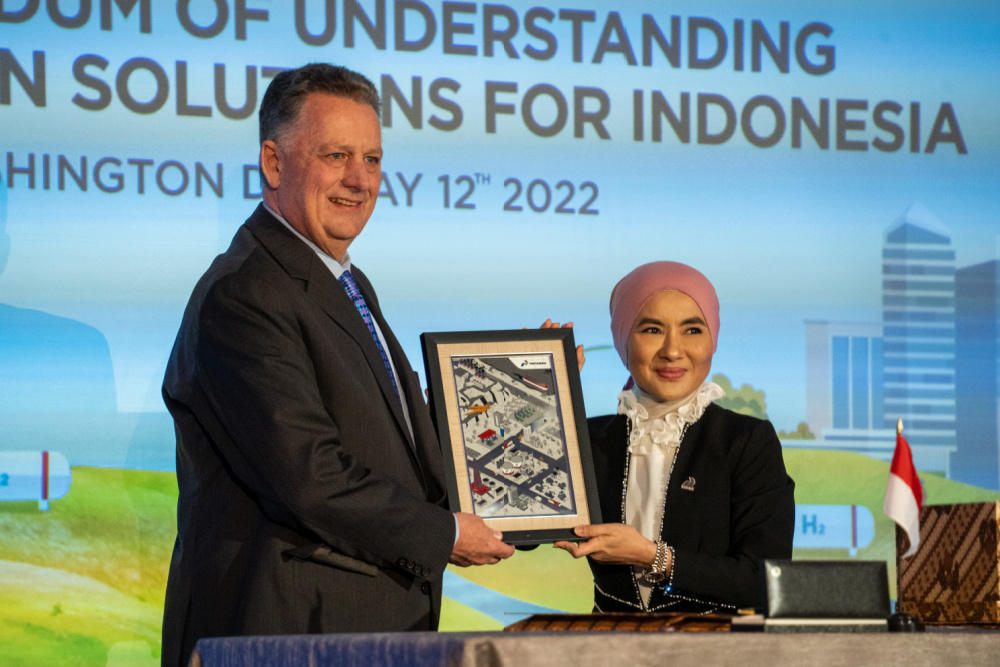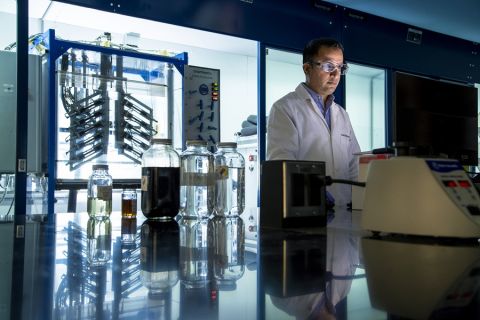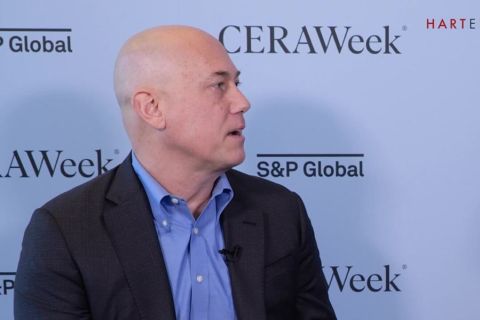U.S. energy company Chevron Corp. and Indonesia’s state energy company PT Pertamina have signed a deal to explore lower carbon business opportunities in Indonesia, the companies said in a statement late on May 12.
Chevron signed the deal through its subsidiary, Chevron New Ventures Pte. Ltd, and is looking at potential businesses in new geothermal technology, carbon offsets through nature-based solutions, carbon capture, utilization and storage (CCUS), Pertamina said.
The companies would also be looking into lower carbon hydrogen development, production, storage, and transport, the statement said.

The memorandum of understanding was signed during a trip by Indonesian officials to Washington D.C. to attend a summit between the U.S. and Southeast Asian nation leaders.
“Through our potential work in Indonesia, and the entire Asia Pacific region, we hope to provide affordable, reliable, ever-cleaner energy, and help the industries and customers who use our products advance their lower carbon goals,” Jeff Gustavson, President of Chevron New Energies, said.
Indonesia aims to achieve net zero emissions by 2060 and has targeted to increase its renewable energy portfolio in its energy mix to 23% by 2025, from around 12% currently.
“This partnership is a strategic step for Pertamina and Chevron to complement each other's strengths and develop lower carbon energy projects and solutions to promote energy independence and domestic energy security,” Pertamina CEO Nicke Widyawati said.
Pertamina is currently running a trial for a binary geothermal power plant that could help the company maximize energy output from its geothermal wells as it aims to double its geothermal capacity by around 2027-2028 from 700 MW currently.
Recommended Reading
Defeating the ‘Four Horseman’ of Flow Assurance
2024-04-18 - Service companies combine processes and techniques to mitigate the impact of paraffin, asphaltenes, hydrates and scale on production — and keep the cash flowing.
Tech Trends: AI Increasing Data Center Demand for Energy
2024-04-16 - In this month’s Tech Trends, new technologies equipped with artificial intelligence take the forefront, as they assist with safety and seismic fault detection. Also, independent contractor Stena Drilling begins upgrades for their Evolution drillship.
AVEVA: Immersive Tech, Augmented Reality and What’s New in the Cloud
2024-04-15 - Rob McGreevy, AVEVA’s chief product officer, talks about technology advancements that give employees on the job training without any of the risks.
Lift-off: How AI is Boosting Field and Employee Productivity
2024-04-12 - From data extraction to well optimization, the oil and gas industry embraces AI.
AI Poised to Break Out of its Oilfield Niche
2024-04-11 - At the AI in Oil & Gas Conference in Houston, experts talked up the benefits artificial intelligence can provide to the downstream, midstream and upstream sectors, while assuring the audience humans will still run the show.





